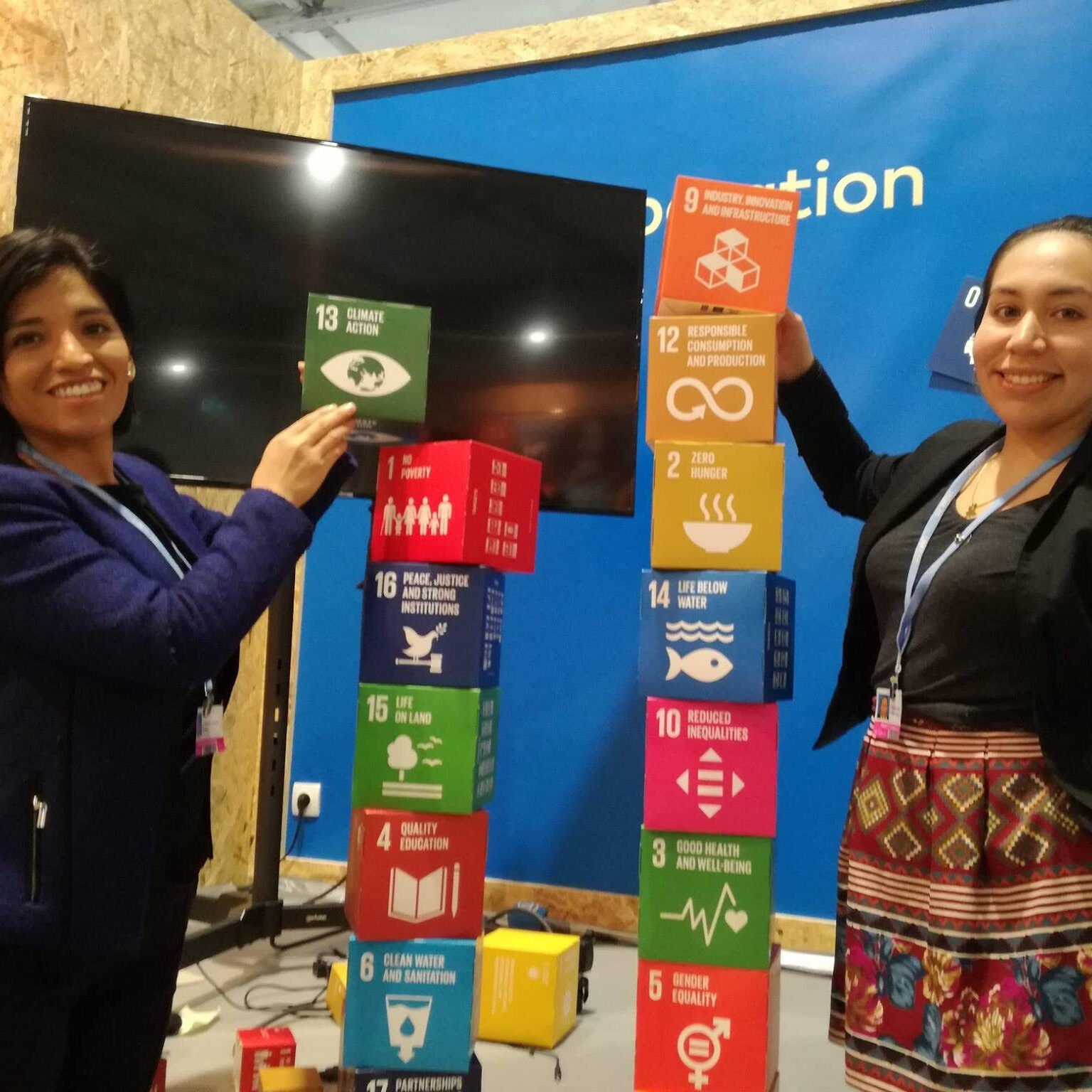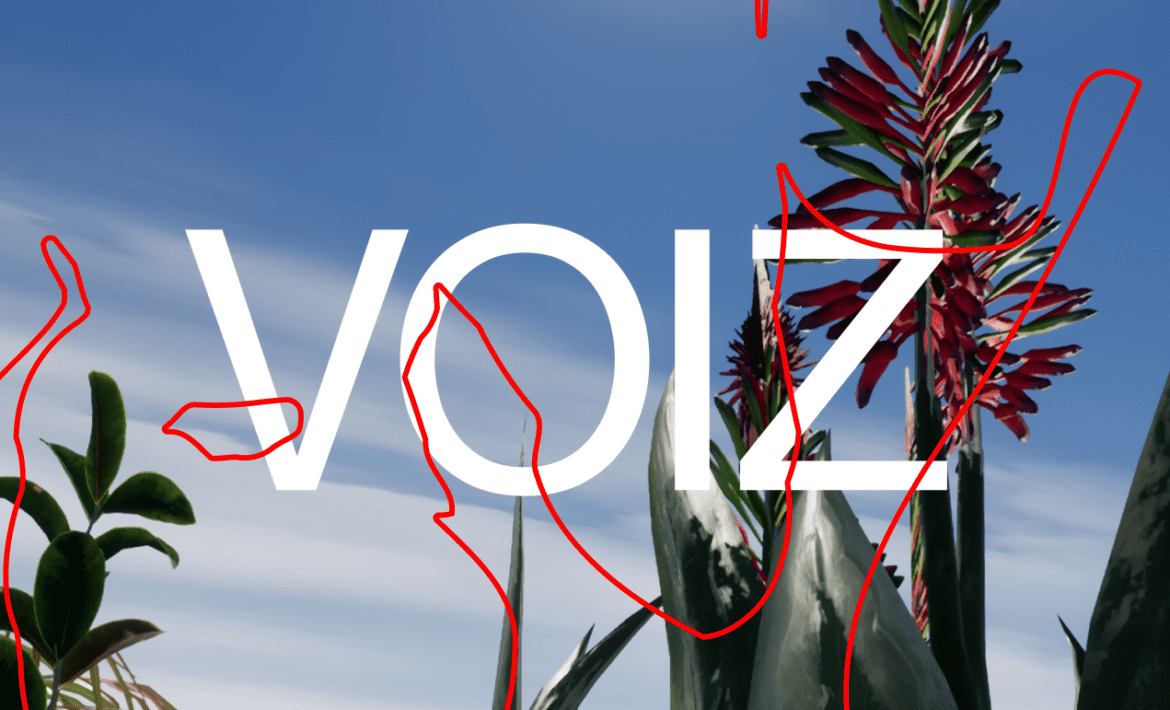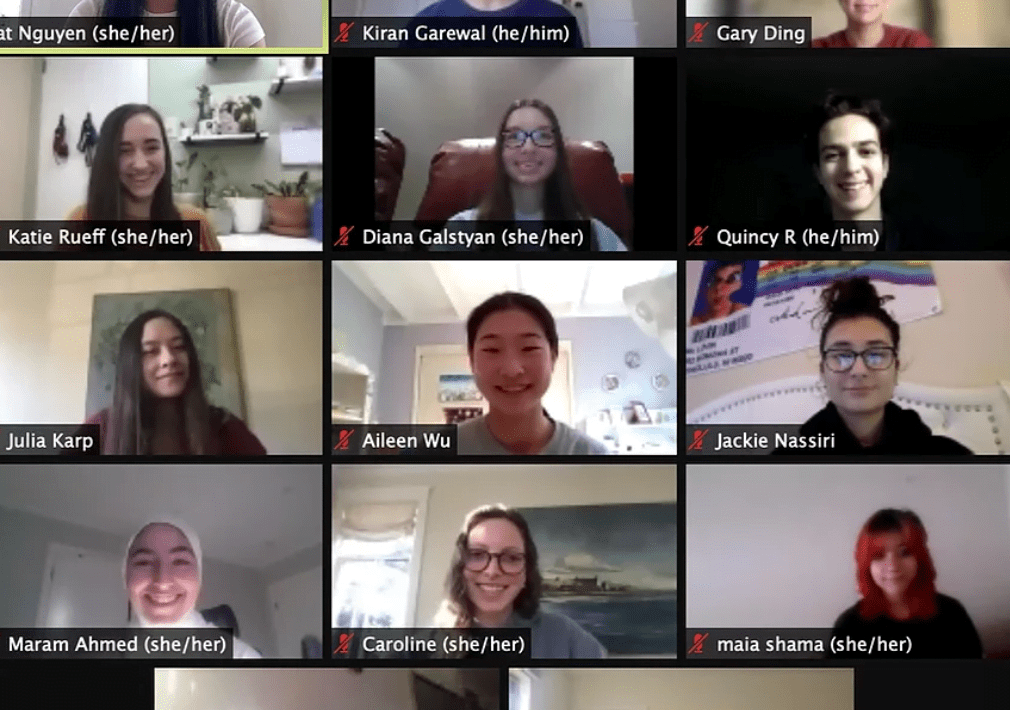
The Center of Climate Innovation and Sustainability: Fostering Climate Action in Peru
The effects of climate change have been increasing worldwide over the last decade. In Peru, the issue is even more pressing. According to figures from the Tyndall Centre (2003), Peru is positioned among the 10 most vulnerable countries to climate change [1]. The Peruvian Ministry of Environment estimates, that under a passive scenario, the effects of climate change could be even greater, such as the loss of water resources for human consumption and energy generation due to glacial retreat, the loss of primary agricultural and fishing productivity as a result of rising sea temperatures, the loss of biodiversity, and effects on human health. Given this grave reality, facing climate change in Peru demands new approaches and innovative solutions.
The Centre of Climate Innovation and Sustainability (CICS) or Centro de Innovación Climática y Sostenibilidad in Spanish, was founded by the Peruvian environmental engineers Melissa Capcha and Vanessa Bolivar in 2018, and it has only grown since then [2]. CICS aspired to promote and offer the local communities innovative solutions for climate change adaptation and mitigation, as well as contributing to the sustainable development agenda in Peru, while respecting traditions and the cultural heritage of the communities. It is very important to save and advocate for the climate, but also engage with people personally and culturally.
Inauguration of the First Forum: Valorization of Organic Waste in Lima, Peru (Dic 2020)
The core work at CICS focuses on two pillars to address climate change: adaptation and mitigation. Acting on these two pillars also promotes the achievement of the UN’s Sustainable Development Goals (SDG). To mitigate the effects of climate change, the fields of responsible consumption, climate innovation, circular economy and eco-efficient use of resources are promoted by CICS.
Equally important is the promotion of adaptation to climate change. Given the high degree of vulnerability of Peru, it is key to promote resilient communities and prepare them to respond to the impacts of climate change. To achieve this, CICS promotes environmental education programs, knowledge transfer and the strengthening of technical capacities in local actors, always with a strong component of promoting research on climate change innovation. For CICS, it is essential that local traditions and context are taken into account while developing sustainable solutions or proposals.
The route towards COP26 UK Glasgow
Both Melissa and Vanessa have actively participated in the last United Nations Climate Change Conferences (COP) in Lima COP20, COP21 in Paris, Marrakech COP22, Bonn/Fiji COP23. Therefore, they have transferred this experience in the promotion of an ambitious agenda for CICS that involves increasing knowledge about these negotiation spaces (COPs) and their importance among Peruvians. In 2018, the NGO CICS worked on a specific agenda at COP24 in Katowice, Poland, holding side-events and live webinars in partnership with Latin American based organizations.
For this 2021, after a long wait for COP26, they have planned an agenda focused on communicating and educating about current developments within the negotiations, which includes generating articles, conducting interviews, and hosting webinars together with other grassroot organizations from the region. The aim is to pave the way to Glasgow in November this year. They are very hopeful that this year the final details for implementing the long-awaited and much needed Paris Agreement will finally be discussed and agreed upon by the parties.
Round Table organized by CICS about Climate Innovation in Latin America at COP24
From the passion to action: Other climate related projects of CICS
In the city of Lima, less than 1% of the municipal organic waste is valorized (recovered) [3]. Motivated by this situation, in mid-2019 CICS has started the project “Potential of municipal organic waste in Lima for its valorization”, that addresses the waste problem with a sustainable and circular approach. The project is still on-going and after the pandemic, it is expected to continue with a pilot project about composting and urban gardening in schools. Recently in April 2021, CICS also launched a new initiative called “Habla Clima” [4]. Habla Clima is a space for dialogue about climate change action and sustainability, where everybody is invited to participate. These dialogues take place in a digital format where actors, who are mobilizing climate action especially at the local level, share their stories but also inspire through their actions. With this, CICS aims to raise awareness, inform based on facts, and at the same time motivate young people to take individual and collective action. A new episode will be released at the end of every month through the media channels of CICS.
References:
[1] The Tyndall Centre for Climate Change Research, URL: https://www.tyndall.ac.uk/ (last accessed 21 June 2021)[2] Centro de Innovación Climática y Sostenibilidad, URL: https://www.innovacionclimatica.org/ (last accessed 21 June 2021)
[3] Valorización de Residuos Sólidos, URL: https://www.innovacionclimatica.org/valorizacion-de-residuos (last accessed 21 June 2021)
[4] Habla Clima, Facebook, URL: https://www.facebook.com/watch/?v=513353009693520 (last accessed 21 June 2021)



